Wellness
Latest about Wellness
-
-

I asked ChatGPT to build me a 20-minute dumbbell ab workout — here's what happened
By Jane McGuire Published
-
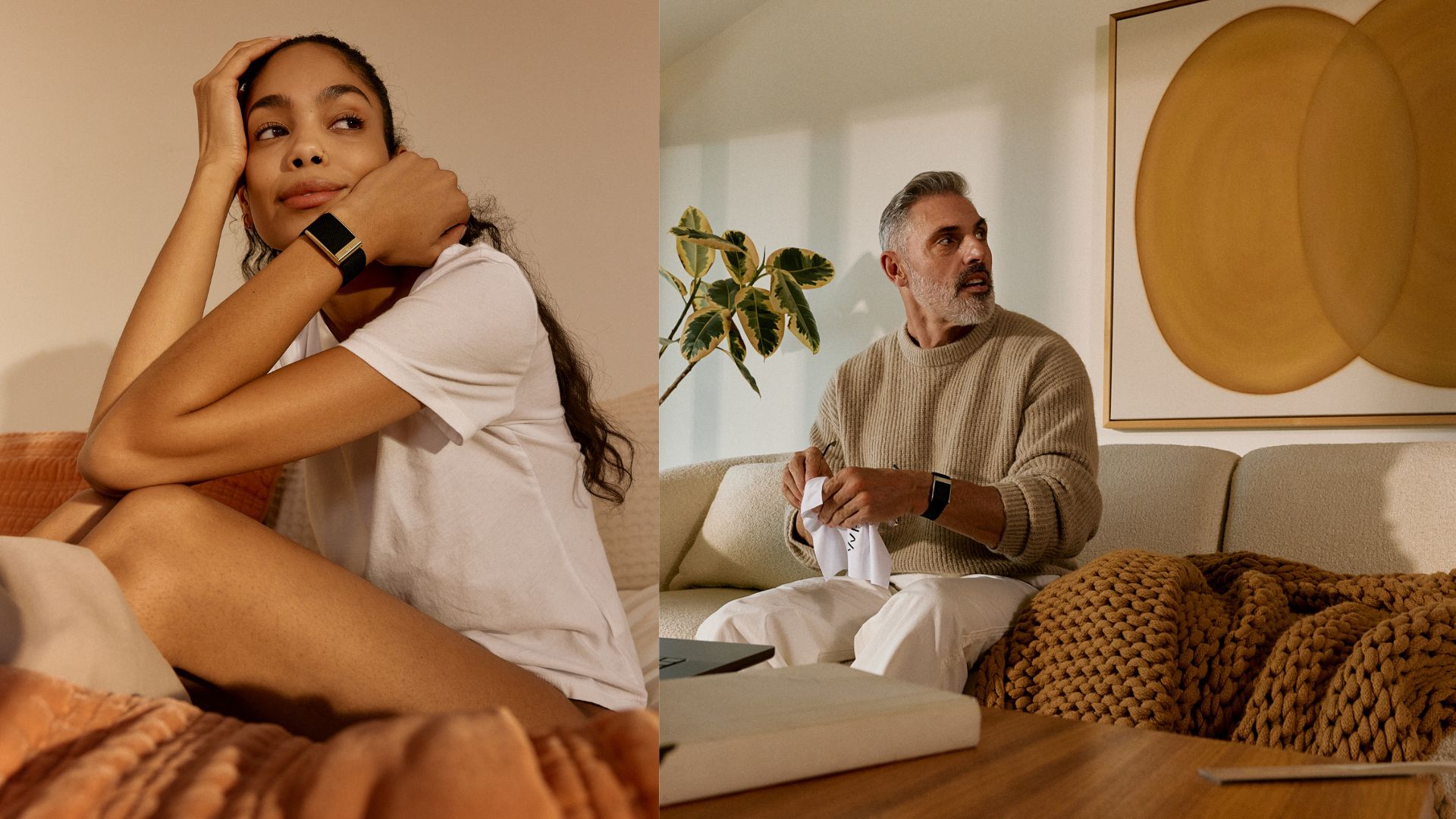
Whoop just launched two new and improved sleep trackers — here's what to expect
By Eve Davies Published
-
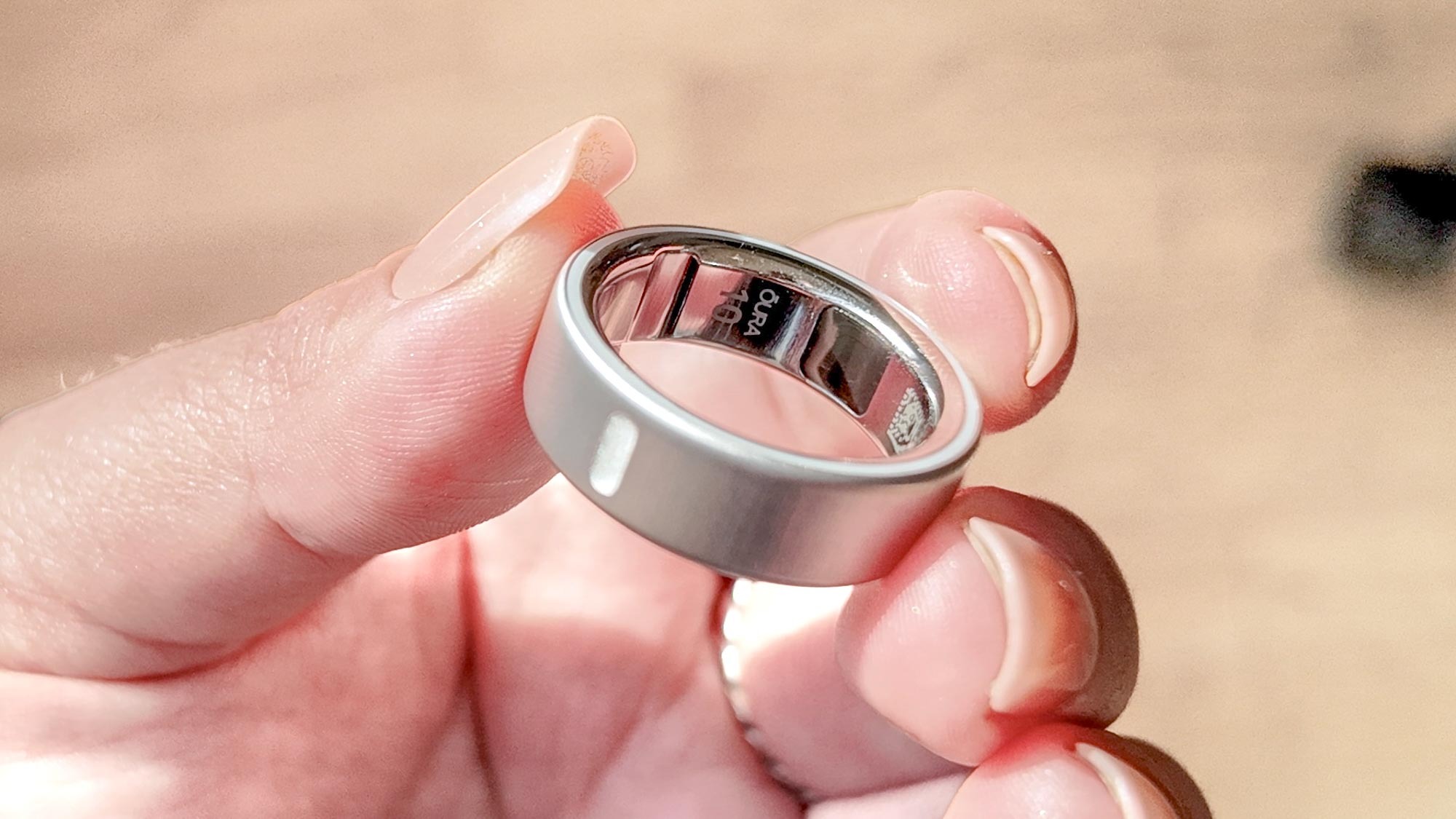
Oura's latest update brings AI-powered meal and metabolism tracking to the table — I'm worried this could go very wrong
By Sam Hopes Last updated
-
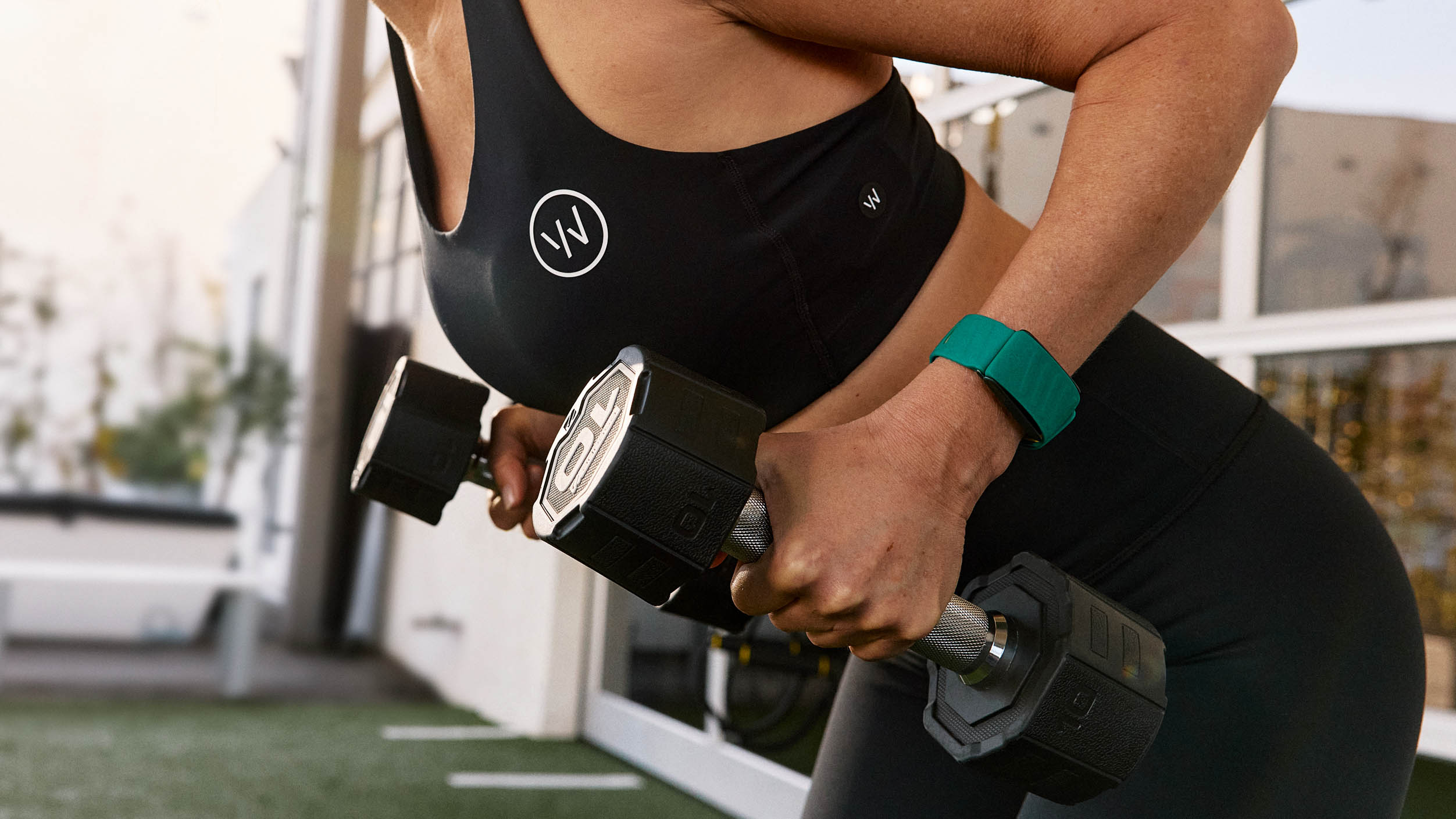
Whoop 5.0 and Whoop MG just announced — here's everything you need to know
By Jane McGuire Published
-

I'm a personal trainer — this 5-move abs workout strengthens your core and hips using dumbbells
By Sam Hopes Last updated
-

Forget weights — you just need 'dropsets' and 25 minutes to build full-body strength using your bodyweight
By Sam Hopes Last updated
-
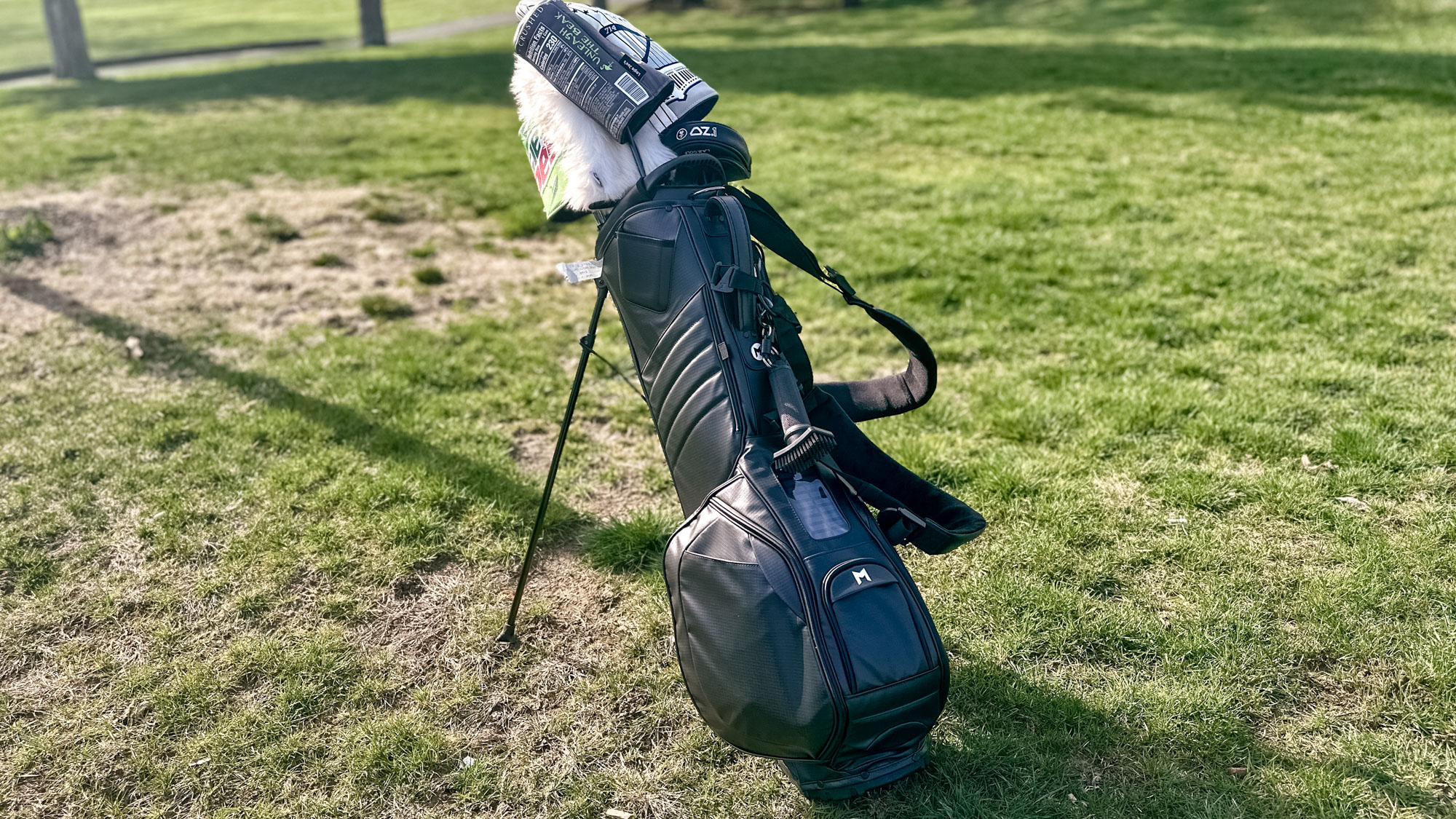
Can a golf bag help you improve? The MNML MR2 has a handy trick to do just that
By Dave LeClair Last updated
-
Explore Wellness
Fitness
-
-

I asked ChatGPT to build me a 20-minute dumbbell ab workout — here's what happened
By Jane McGuire Published
-

I'm a personal trainer — this 5-move abs workout strengthens your core and hips using dumbbells
By Sam Hopes Last updated
-

Forget weights — you just need 'dropsets' and 25 minutes to build full-body strength using your bodyweight
By Sam Hopes Last updated
-

Can a golf bag help you improve? The MNML MR2 has a handy trick to do just that
By Dave LeClair Last updated
-

I swapped my Skechers and Tevas for these Keen sandals, and they’re so comfy that I wore them to my friend’s wedding
By Erin Bashford Published
-

Forget the gym — you’ll keep burning calories even after this 20-minute HIIT workout is over
By Jane McGuire Published
-

Forget the gym — this 20-minute Pilates session will improve your core strength, posture and balance
By Becks Shepherd Last updated
-
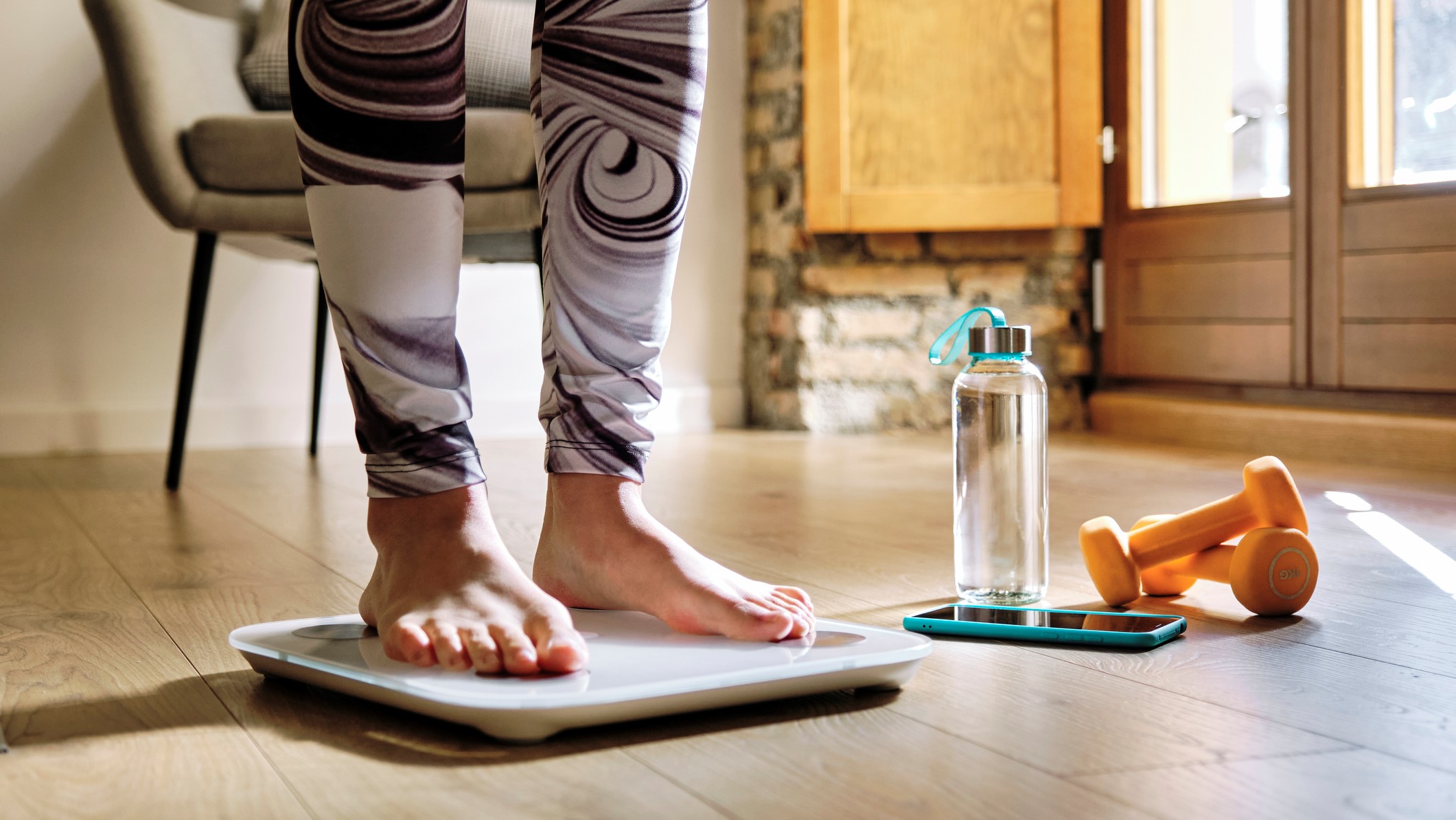
Best smart scales in 2025: body composition scales for in-home use
By Jane McGuire Last updated
-

Ditch the crunches and sit-ups — use the ‘corkscrew’ exercise to strengthen your abs at home or the gym
By Sam Hopes Last updated
-
Sleep
-
-

Whoop just launched two new and improved sleep trackers — here's what to expect
By Eve Davies Published
-
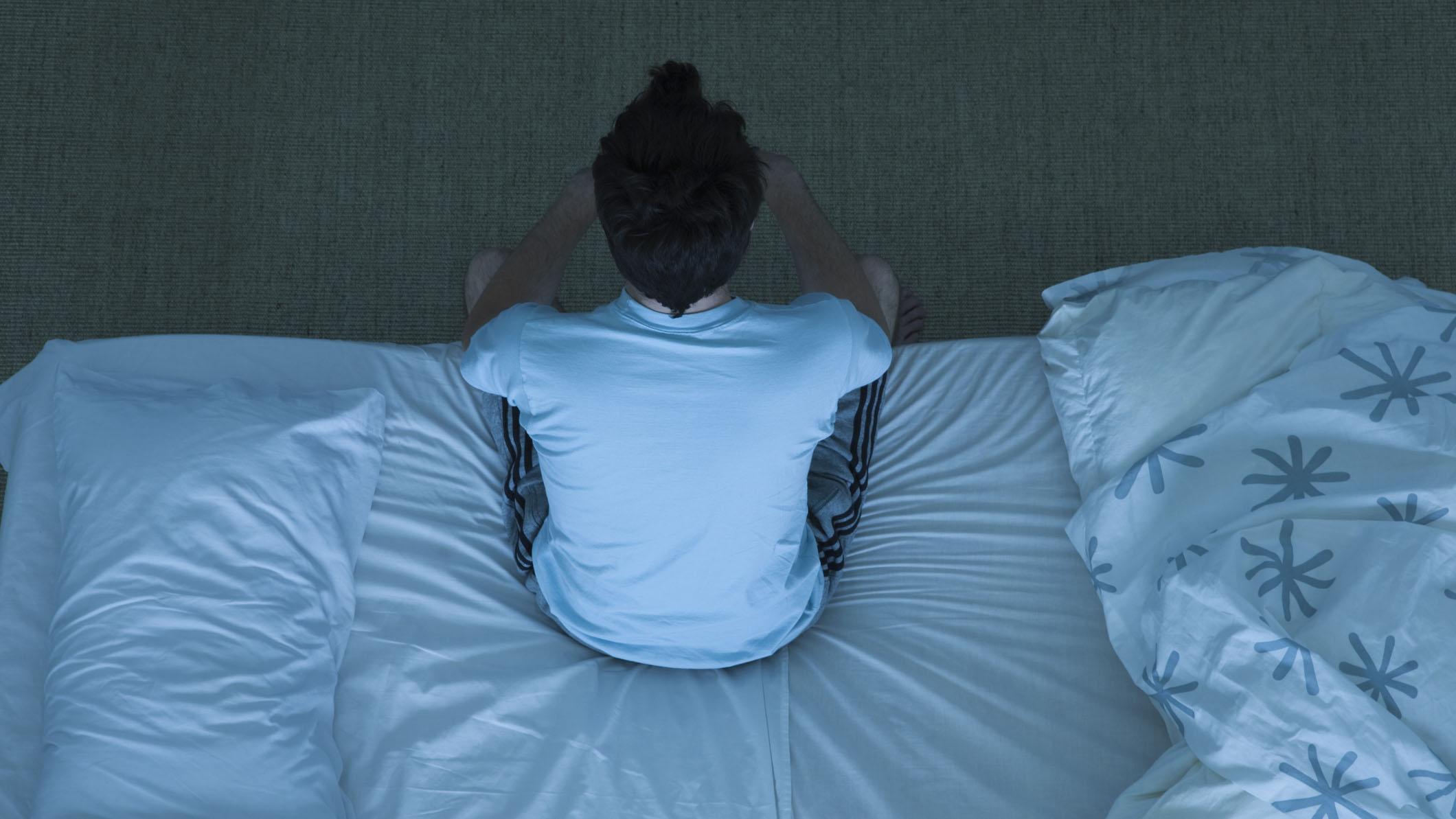
'Game-changing': Headspace's new Better Sleep course shown to reduce insomnia symptoms fast
By Ruth Jones Published
-
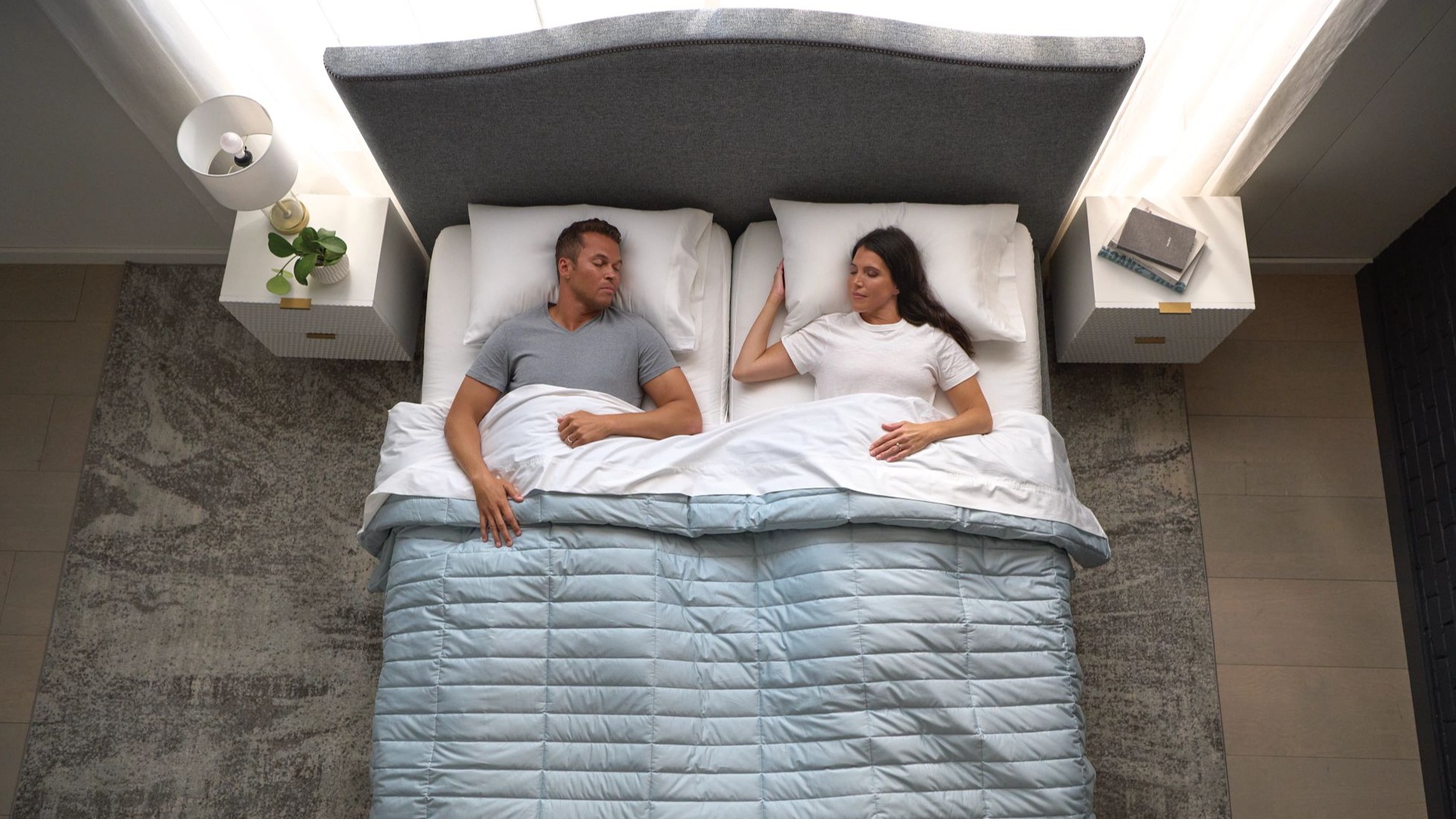 SPONSORED
SPONSORED4 things that interrupt your sleep (and how to get past them)
By Jacob York Published
-

How hydration can cause sleep problems
By Eve Davies Published
-
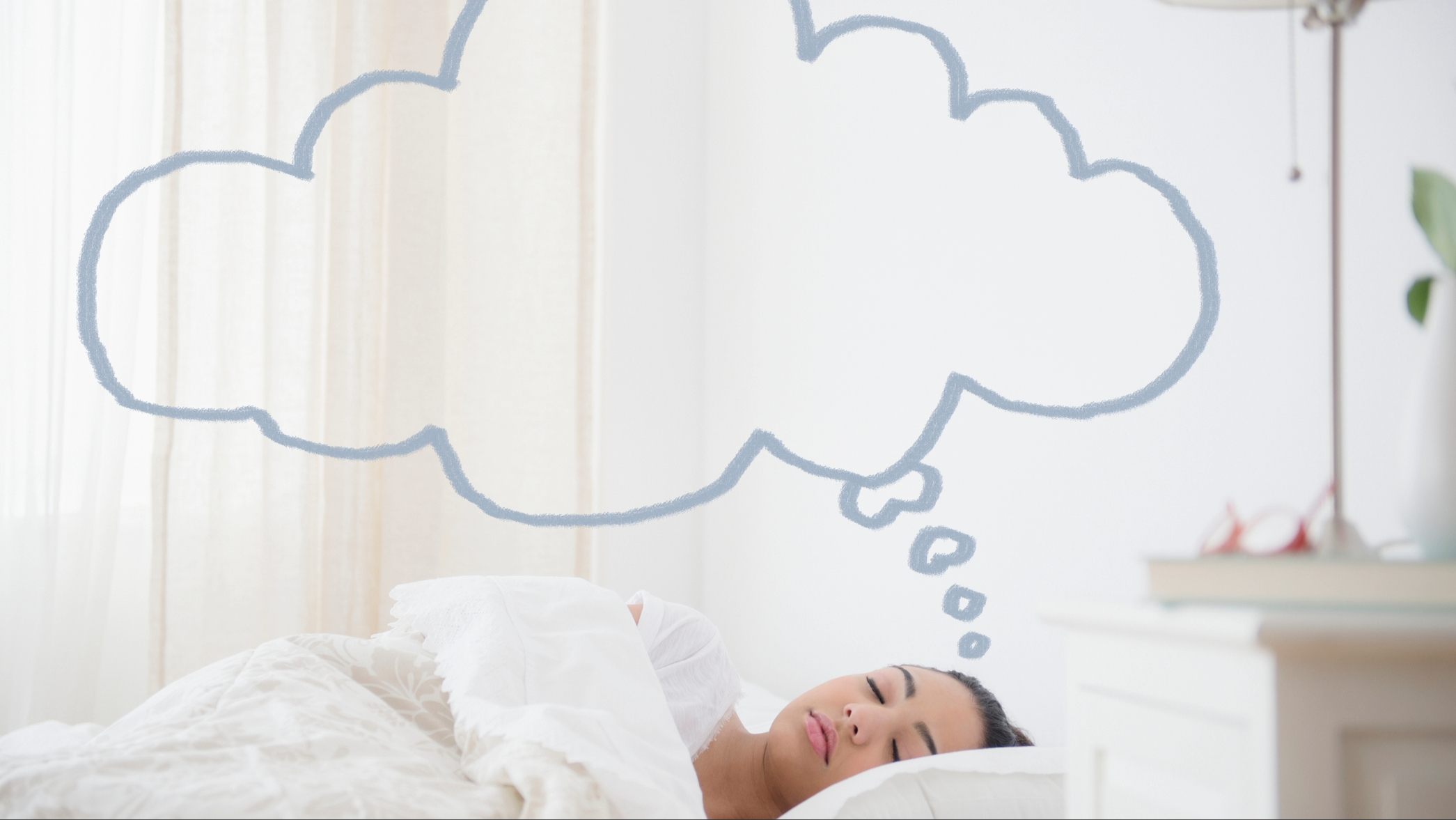
Forget brain training to improve your memory — getting the right amount of sleep at the right time is more effective
By Lauren Jeffries Published
-
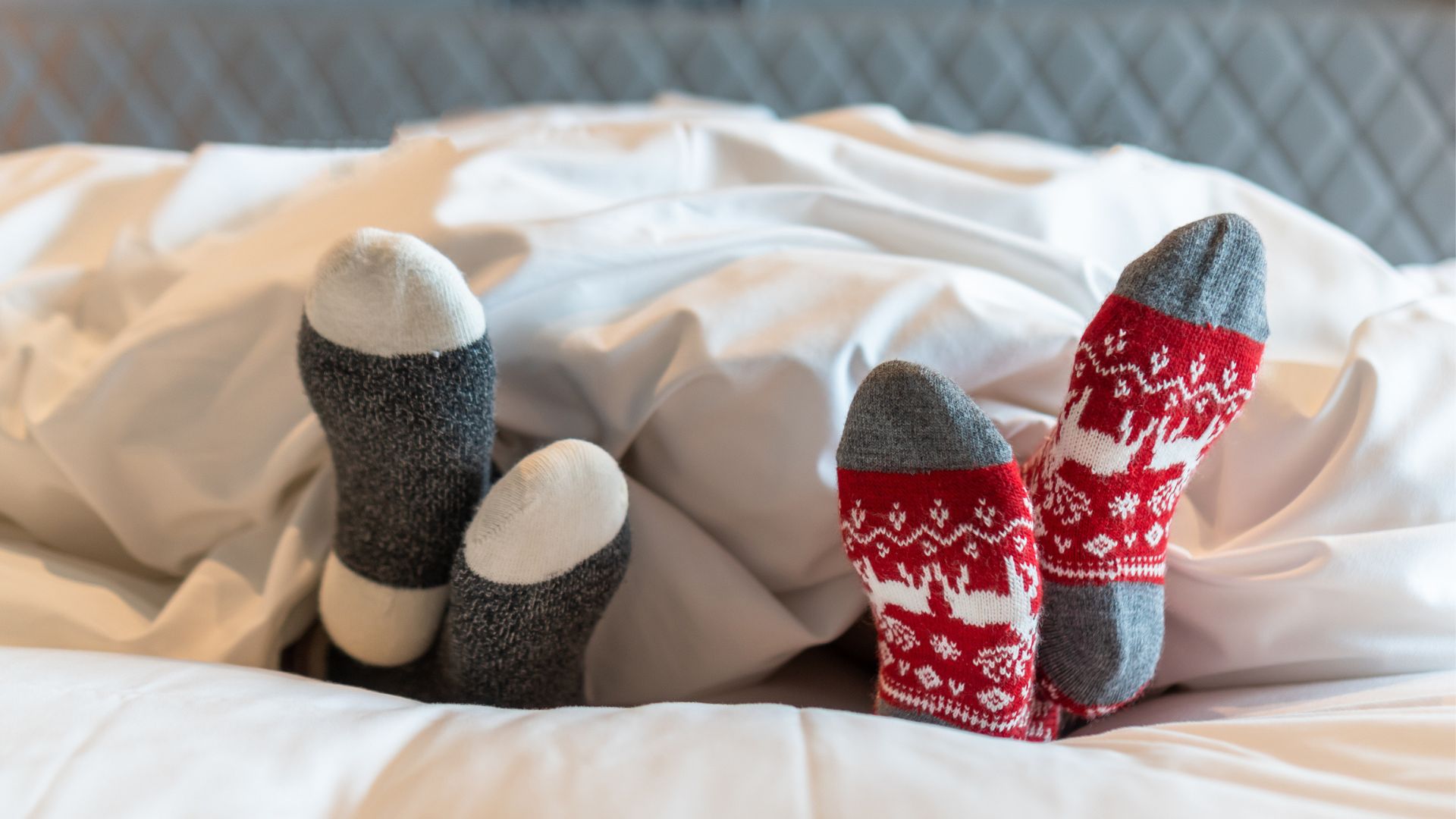
Can't sleep? 7 tried and tested tips and hacks to help you fall asleep faster and easier tonight
By Lauren Jeffries Published
-
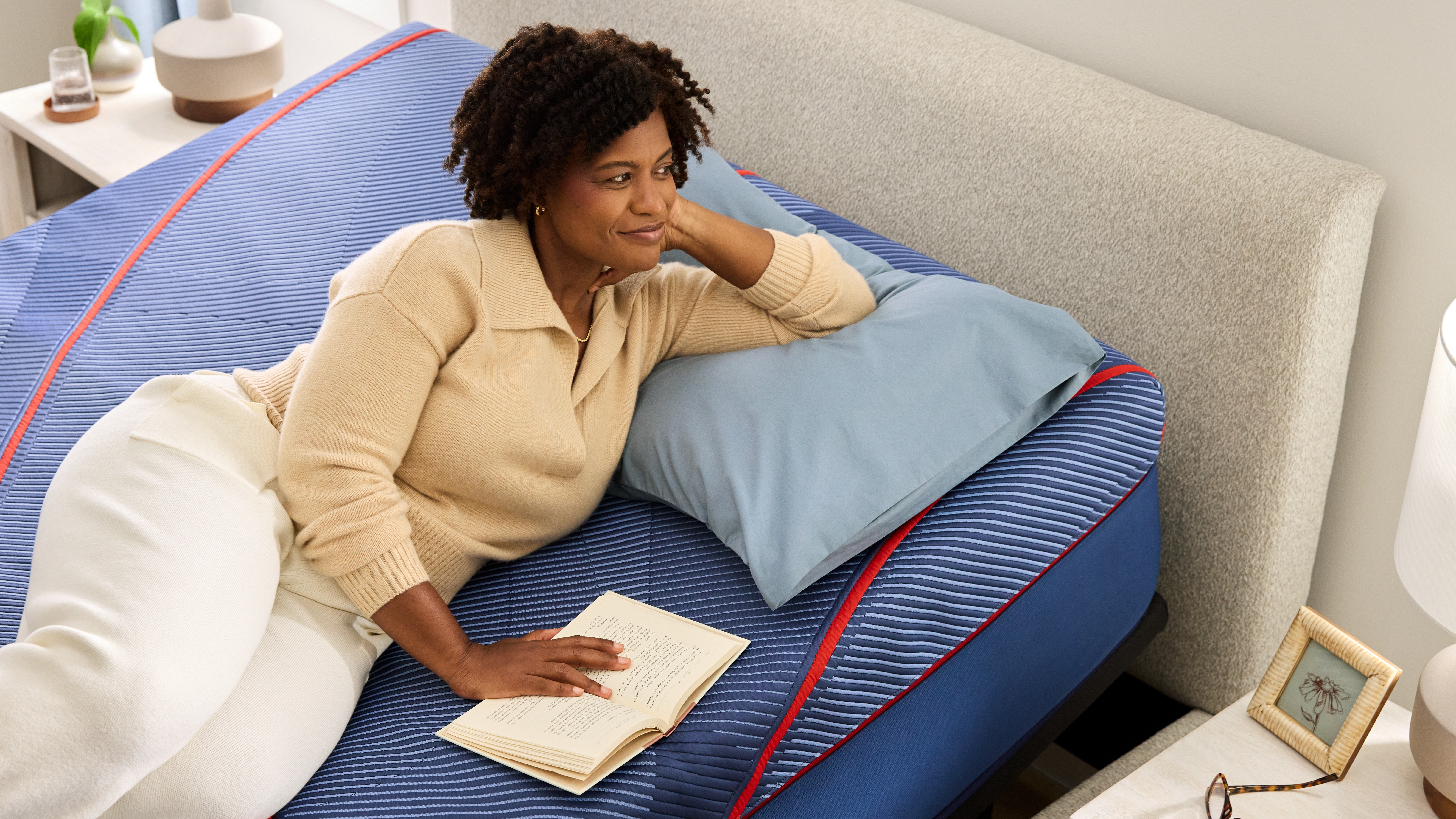 SPONSORED
SPONSOREDWhat's the key to a comfortable and supportive mattress?
By Jacob York Published
-

Trouble sleeping? These are the 7 products our editors swear by for a good night's sleep
By Eve Davies Published
-

How to get more sleep — expert shares 5 key steps
By Sarah Finley Published
-
Smartwatches
-
-

Oura's latest update brings AI-powered meal and metabolism tracking to the table — I'm worried this could go very wrong
By Sam Hopes Last updated
-

Whoop 5.0 and Whoop MG just announced — here's everything you need to know
By Jane McGuire Published
-
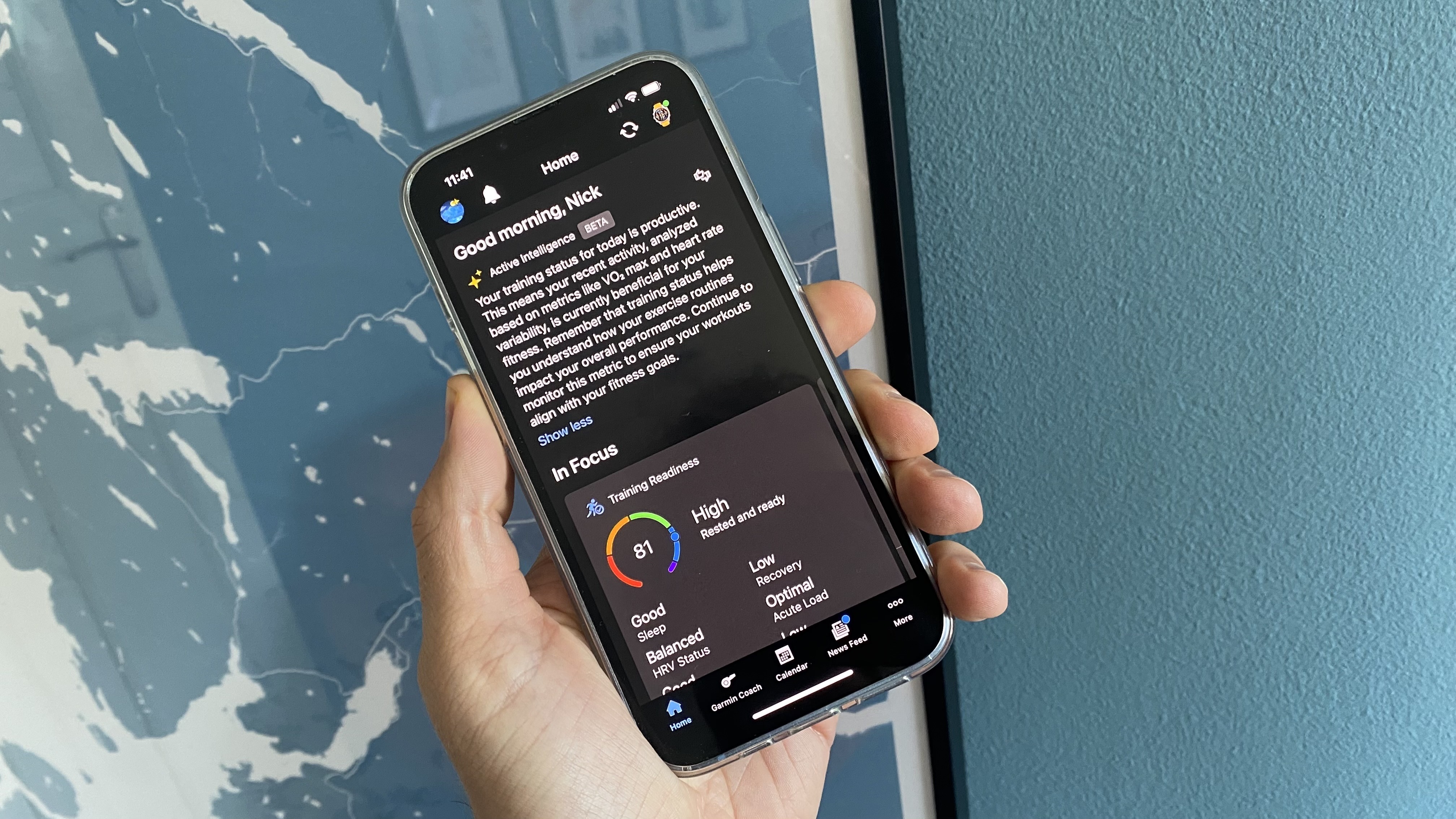
Bad news for Garmin users — future features could go behind the Connect+ paywall, according to CEO
By Nick Harris-Fry Published
-
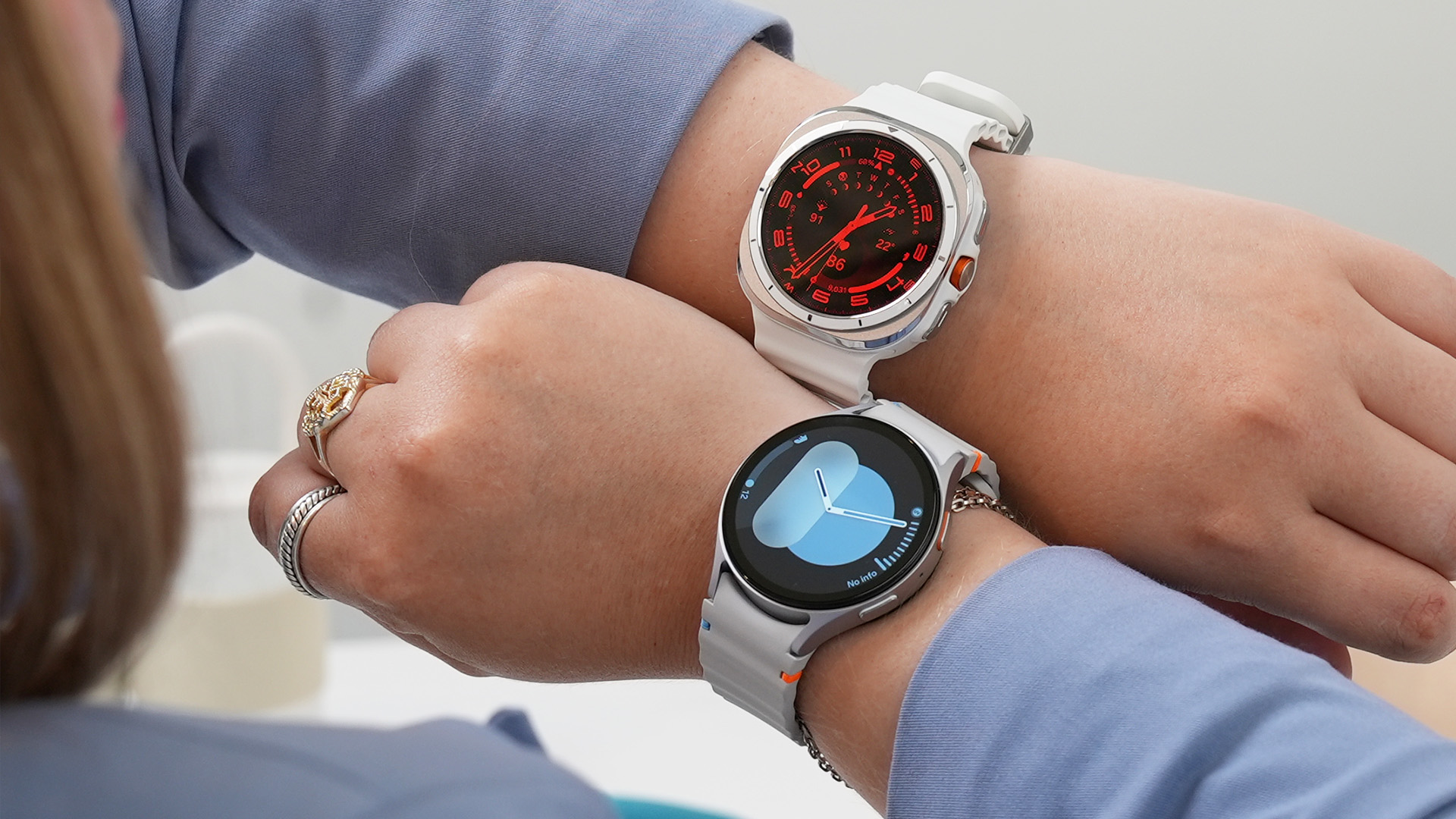
Major Samsung Galaxy Watch One UI 8 leak just tipped three big upgrades
By Scott Younker Published
-
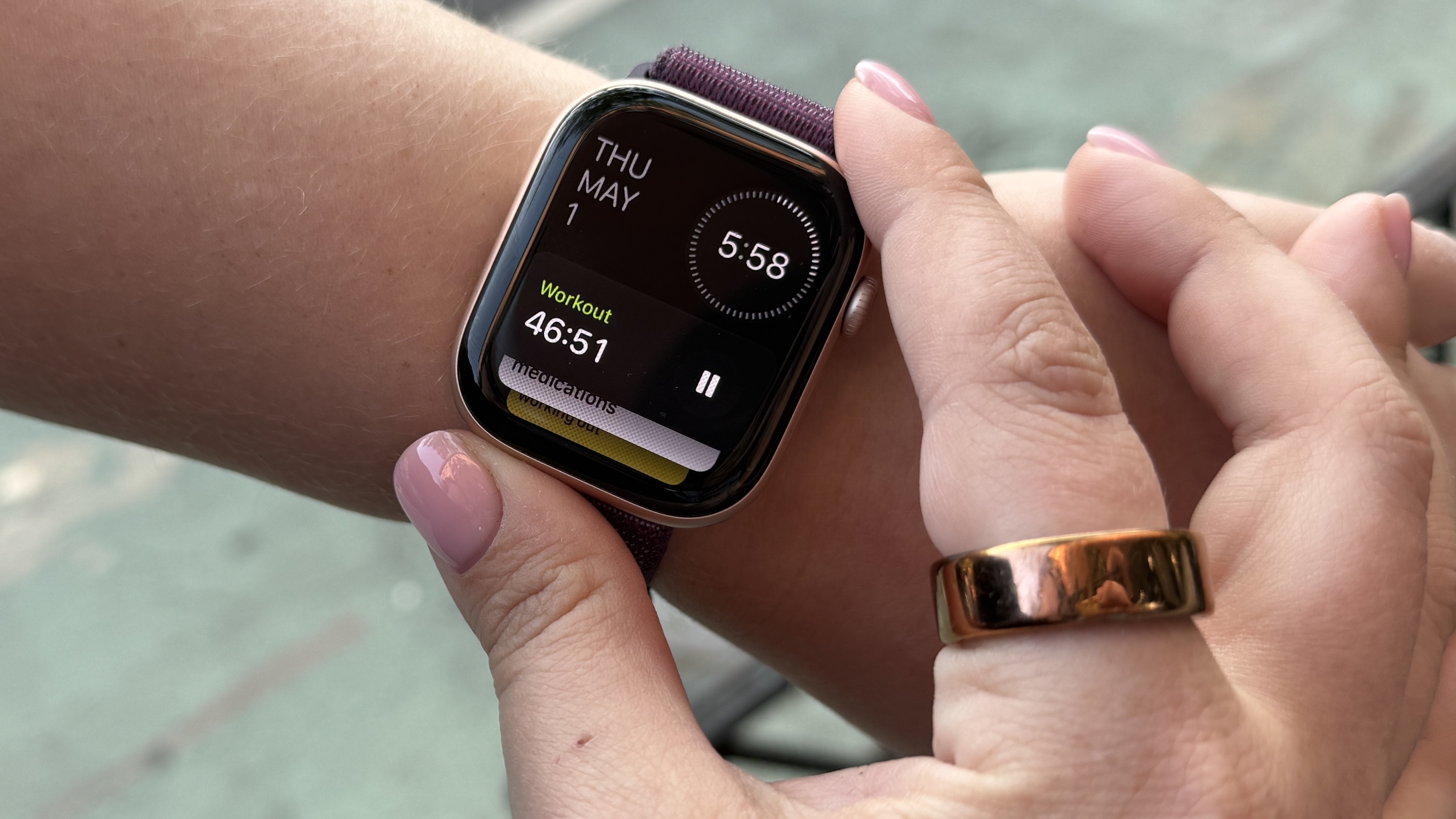
I ditched my Apple Watch for an Oura Ring for a month — here's what I learned
By Kate Kozuch Last updated
-
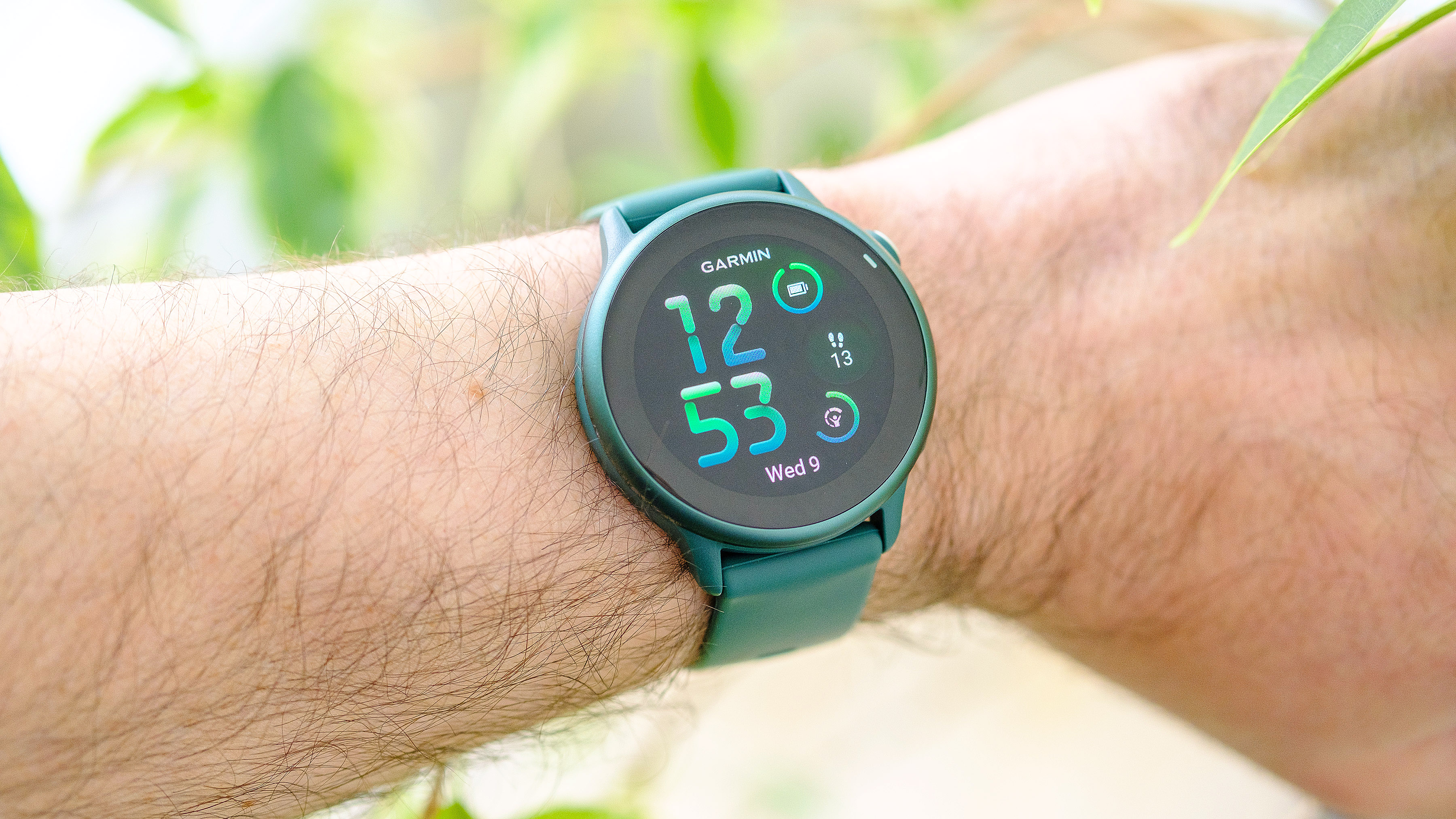
I wore the Garmin Vivoactive 6 for a month — and it has nearly everything I want in a smartwatch
By Dan Bracaglia Published
-
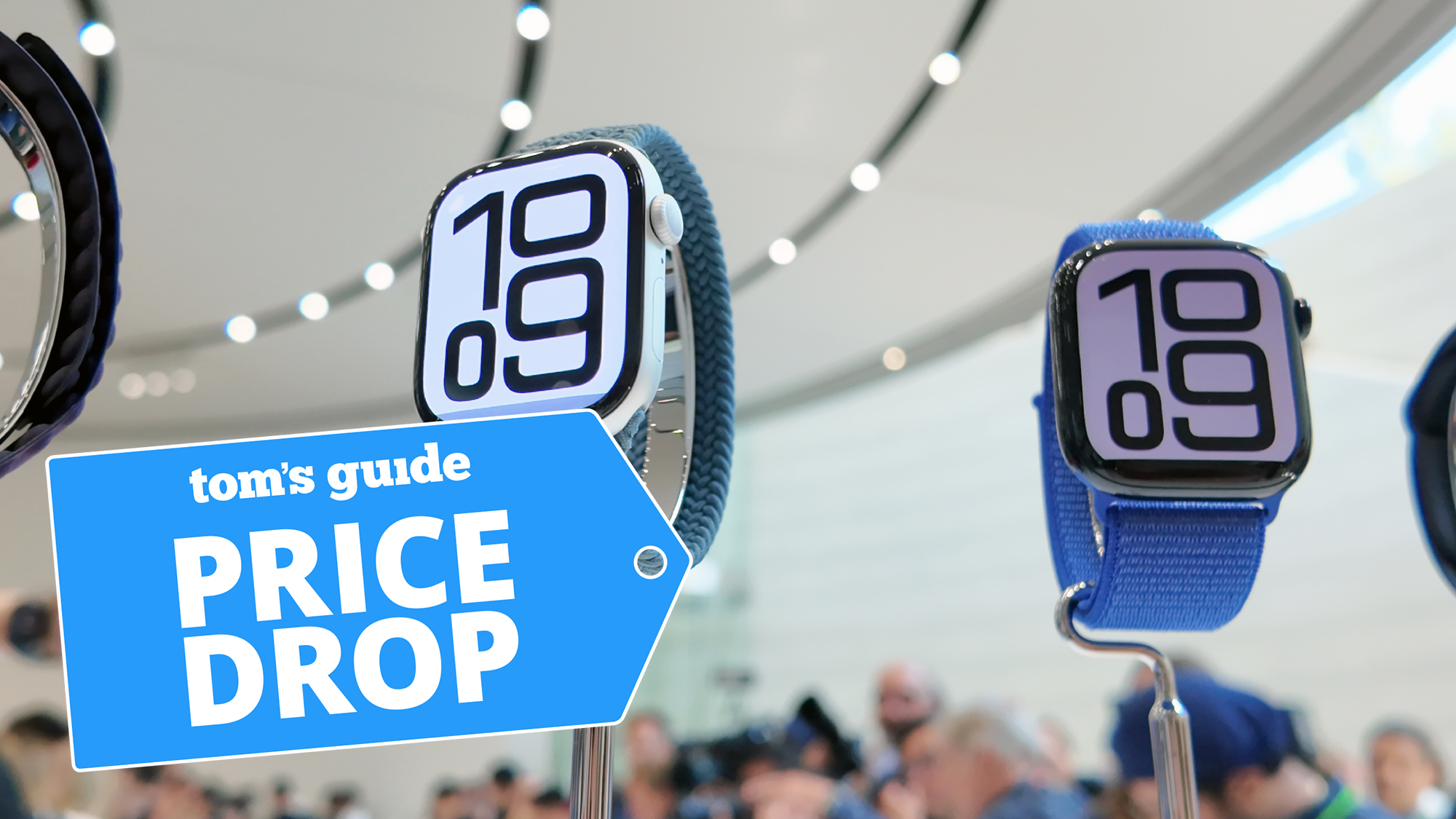
Best Apple Watch deals in May 2025
By Louis Ramirez Last updated
-
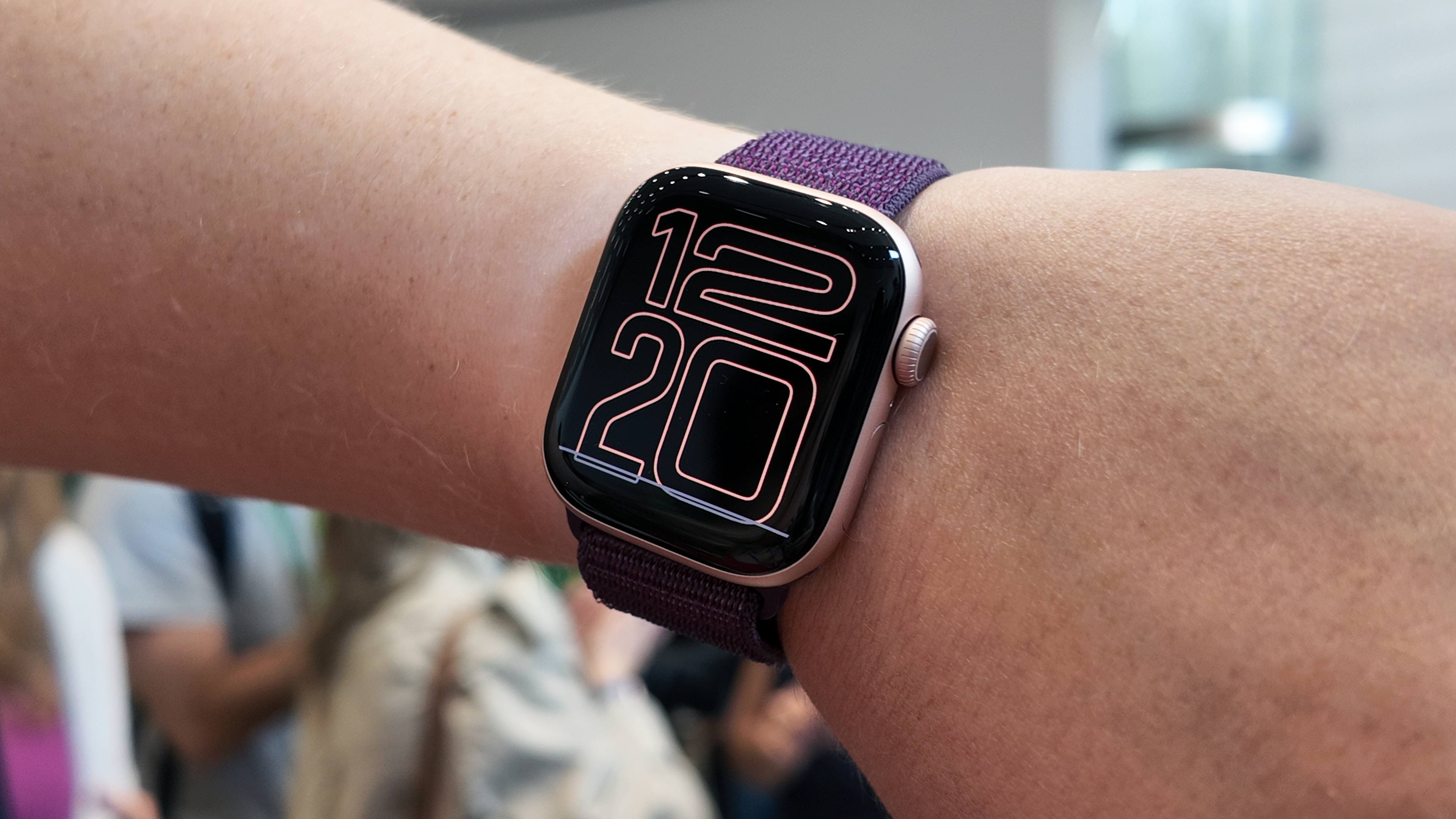
Is Apple playing the waiting game? Smartwatches still lack key health feature
By Scott Younker Published
-
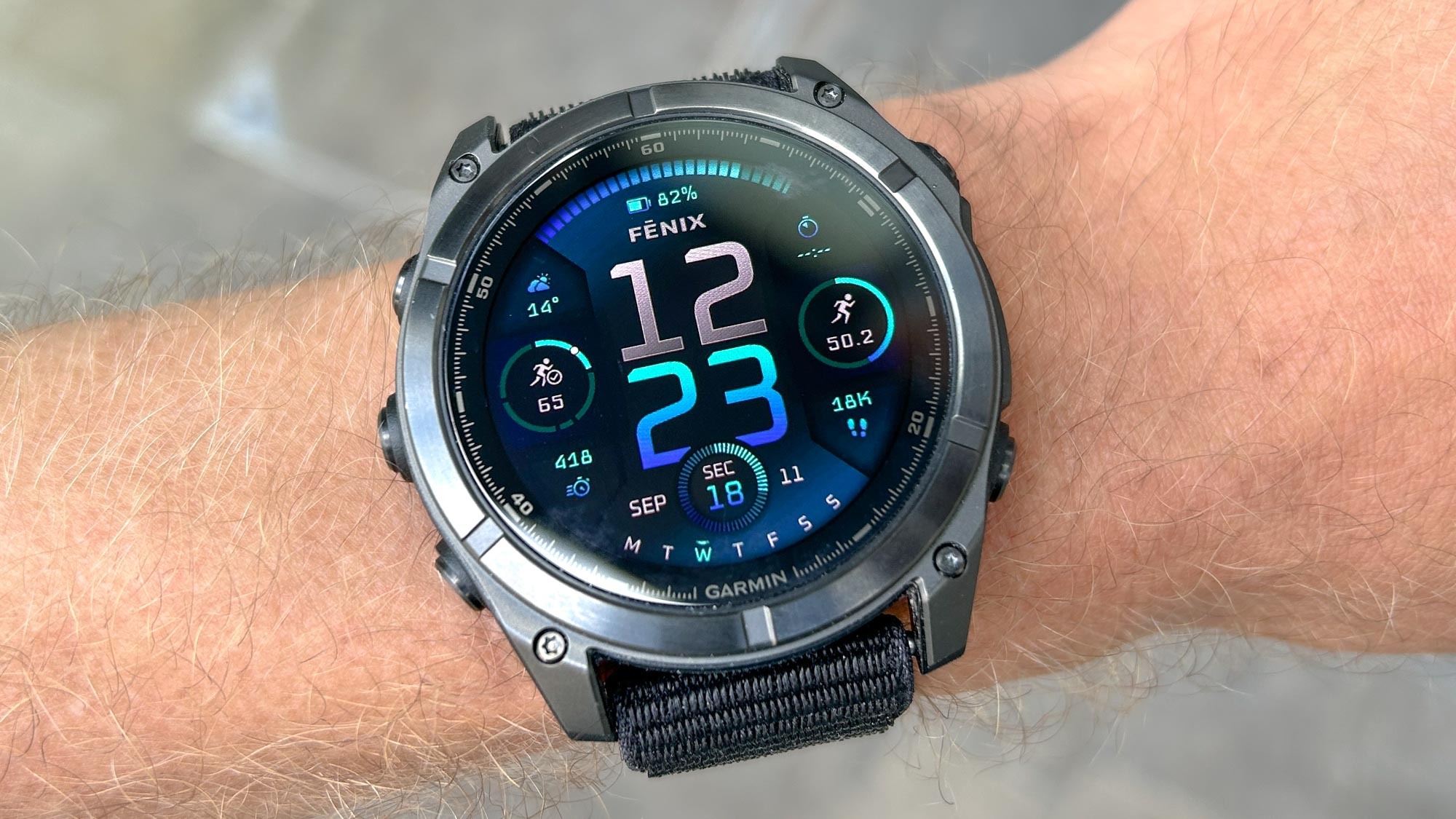
Garmin may be adding huge LTE upgrade to the Fenix 8 smartwatch — here's what we know so far
By Scott Younker Published
-
More about Wellness
-
-

Can a golf bag help you improve? The MNML MR2 has a handy trick to do just that
By Dave LeClair Last updated
-

Bad news for Garmin users — future features could go behind the Connect+ paywall, according to CEO
By Nick Harris-Fry Published
-

I swapped my Skechers and Tevas for these Keen sandals, and they’re so comfy that I wore them to my friend’s wedding
By Erin Bashford Published
-